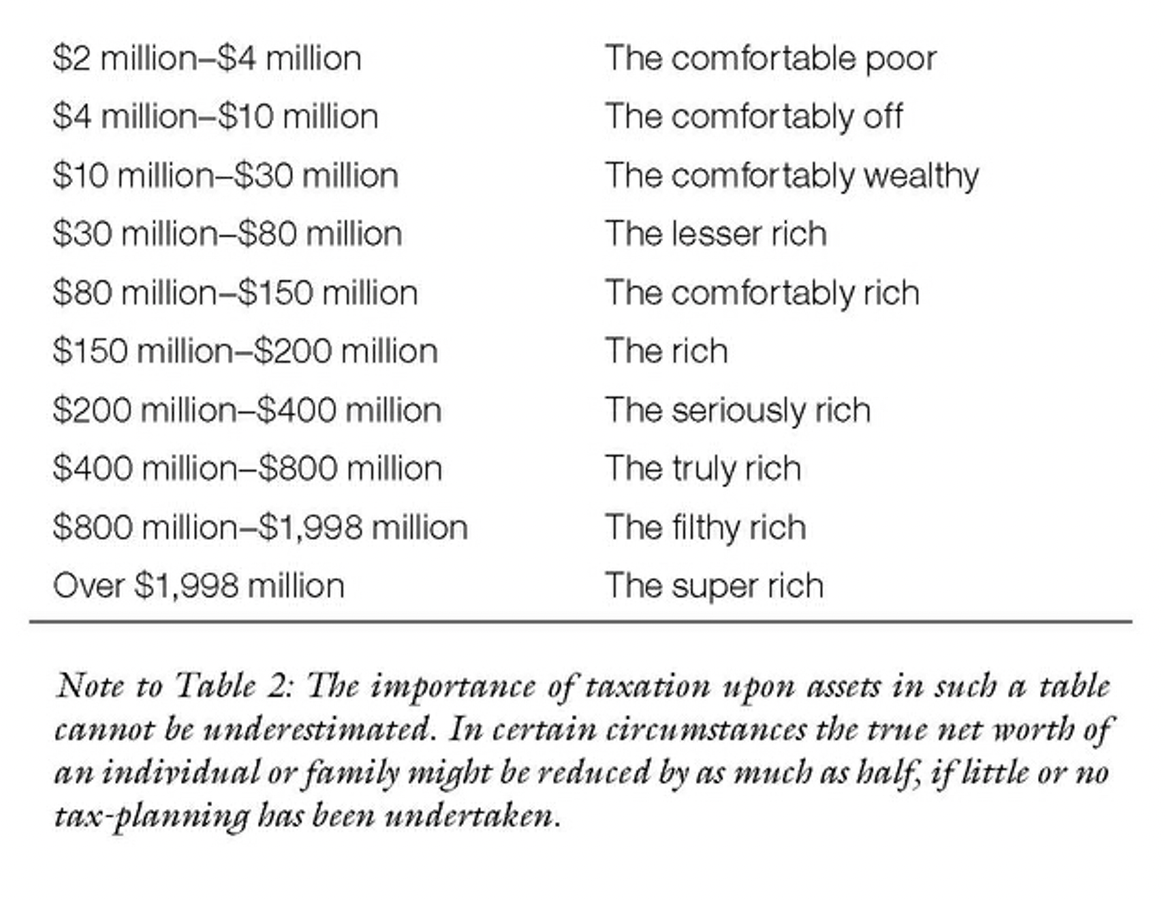How To Get Rich by Felix Dennis - A Review
I’ve spent the past year actively curating my twitter feed, something I’d never bothered to put much effort into before. It began with following a few prominent names in the tech industry and through them I discovered a veritable goldmine of voices. Some of the most impactful things I’ve consumed since I’ve discovered this way and I plan to write about the best of them in due time. The book How To Get Rich by Felix Dennis will be the first however, and deservedly so.

I saw it mentioned in a post by some VC under the heading “The most important book about business I’ve ever read”. I take most such posts with a grain of salt. It’s very easy to buy into twitter’s self-congratulatory circle, and I’ve tried my best to indulge scepticism. But in this case, the brief summary of the author’s life intrigued me.
A man who within a few decades went from near homeless to one of the richest in the UK. Ran a large magazine publishing empire (Maxim, The Week), and various related business. And gave it all up at the ripe age of 50 to pursue his dream of becoming a poet. After spending a $100 million on drugs and high class prostitutes of course.
The post described the book as “not only a guide on how to get rich, but exactly why you shouldn’t”. I figured $12 and a few hours of my time was worth the potential value, entertainment or otherwise. I’m glad to say I got far more than my money’s worth.
The title is an ironic take on the very type of self help book the author despises. Largely in part because it actually fulfils its promises in a manner that its competition does not. Dennis himself states that the book came out of a desire to give the world.
“An anti-self help book. A book that tells people how hard it is to be a great manager or a great anything. About how hard it is to get rich. Bugger the glib insights!”
Hear hear.
Before getting into the content itself, I want to mention what an absolute joy this book is to read. Dennis’s credentials as a poet deserve all credit in this regard. It reads much as you would expect a poet’s treatise on business and hedonism to read. In fact Dennis introduces the key ideas of the book through a poem of his own invention.
Anyone reading this and debating whether to read this book or not, consider your mind made up. Even if you don’t care in the slightest for business, the entertainment value alone is worth it. You will not be bored and that’s more than can be said of much of the books recommended by twitter.
Moving on.
So does this book teach you how to get rich? Well yes, but first consider what Dennis considers to be the definition of rich in the first place:

For many of us it’s fairly incredulous that the lower levels of this scale would be considered poor. Although it’s certainly indicative of how the rich see the world.
It’s altogether refreshing to read a book where the authors tells it like it is. There is no reliance on convoluted psychological theories or cutting edge business practices. The focus is on the fundamentals. Things that seem intuitive and are difficult purely by virtue of their normalcy. It’s easier to follow esoteric advice, harder to stick to the basics day in and day out. These are Dennis’s 8 secrets to getting rich (they’re not really secrets).
The Eight Secrets to Getting Rich
- Analyze your need. Desire is insufficient. Compulsion is mandatory.
- Cut loose from negative influences. Never give in. Stay the course.
- Ignore “great ideas.” Concentrate on great execution.
- Focus. Keep your eye on the ball marked “The Money is Here.”
- Hire talent smarter than you. Delegate. Share the annual pie.
- Ownership is the real “secret.” Hold on to every percentage point you can.
- Sell before you need to, or when bored. Empty your mind when negotiating.
- Fear nothing and no one. Get rich. Remember to give it all away.
Anyone (granting sound mind and body, and born into a certain degree of privilge) who is capable of executing on these will undoubtably become rich. But their difficulty ensure that only a select few, perhaps misguided, do pursue it.
The book is full of eclectic anecdotes and profound insights that can only be diminished in my efforts to summarize them. Regardless, this has been one of the best books I’ve ever read, and that warrants mentioning again.
It made me realize that life is too short to wait for the right opportunity and I must explicitly structure my life around this goal. I’ve been sufficiently convinced that wealth beyond a certain threshold is likely to diminish happiness from my life than add to it. Yet for many of the things I want to achieve and the specific causes I want to champion, wealth is a prerequisite for having any meaningful impact. Hence this book caused me to actively reconsider how I am choosing to spend my time and how much of it is engaged in “the Search” as Dennis puts it.
This post has gone through many tonal shifts. I hope you excuse that inconsistency. This is my first attempt at making a habit of this, and over the span of a week this article has been rewritten many times. I’ve finally come to the conclusion that perfection, or anything close to it is the last thing I need to be focusing on when I still have such a high hill to climb. But I am open to any thoughts, feel free to let me know.
⭐⭐⭐⭐⭐